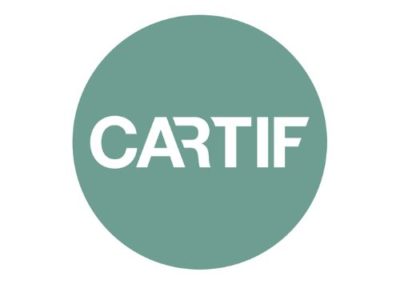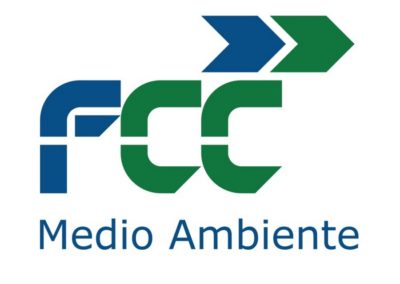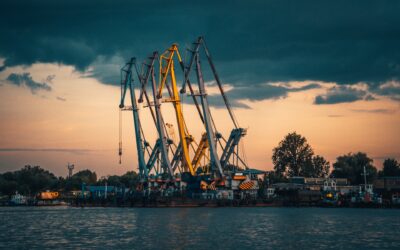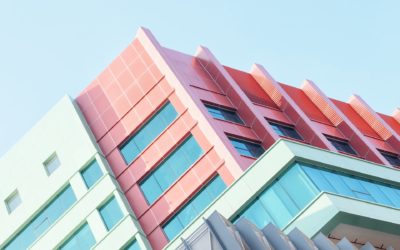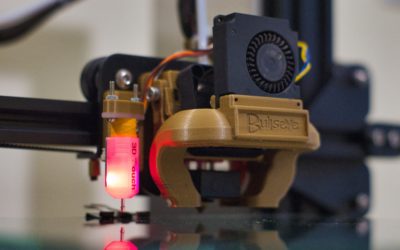cartif projects
SORTI
Optical Systems for the Active Management of Transitory Risks
Description
The collapse or unexpected loss of the integrity or satbility of structural systemas has a high potential to cause damage to people, both specialized staff and the civilian population, in situations of natural disasters or high impact weather events and deterioration not planned infrastructure and buildings.
When structures are rehabilitated or repaired, the degree of structural instability may cause that an undetected pathology or weather events to increase structural risks. The need to monitor and control existing risks is detected.
Objectives
- The objective of the project is to develop optical systems based tools and new technologies to properly identifying, monitoring and managing of structural risks in buildings and civil works in an intelligent, automatic and telemetric way. Safety is maximized and risks minimized in situations of potential structural collapse.
Actions
- Telemetric identification of structural risks in areas with high risks.
- Continuous and automatic monitroing of the structures evolution.
- Automatic and continuous communication of monitoring data.
- Smart system for the treatment of monitored data and decision-making in real time.
- Automatic generation of alarms for imminent risks.
Expected Results
- Risk Identification:
- Aerial Vehicle Node (elevated locations).
- Land Vehicle Node (small locaions).
- Risk Monitoring:
- Fissures-displacements Node (fissures, displacement and torsion).
- Deformations Node (buckling, turns, bulges, settlements, push-ups).
- Risk Management System (SGR) (System management, data evaluation and triggering of alerts).
Partners
Colaboration Challenges 2014
RTC-2014-1868-8
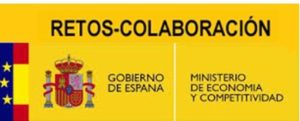
CARTIF Total Budget : 225,970.68 €
CARTIG Grant: 180,773 €
Duration: April 2014 – November 2017

Responsible
Álvaro Melero Gil
Division of Infustrial and Digital Systems
Networking
Infraestructures Projects:
CLEANPORTS
CARTIF Projects CLEANPORTSResearch of intelligent and sustainable nay solutions for the automation of logistics and advanced intermodal processes from por to last mile.DescriptionThe main objective of the project is to improve logistics processes for the complete...
INPERSO
INPERSO is a holistic project of deep renovation of buildings that address all its life cycle and combines industrialization and customization. INPERSO will integrate new technological components that joint with pre-manufacturing advantages, preintegration and 3D printing robotic will reduce drastically time and costs of the construction.
SESAMO
Design, configure, programme and adapt a system that facilitates and assists the user in their relationship with the cabinet doors.
Portable 3DPrinter
Portable 3D printer looks for the innovation in construction processes promoting the industrialization and customization of construction that 3D printing technologies provide.
Metabuilding Labs
To reach the COP21 goal of nearly-zero energy, zero emission buildings MBLabs Labs strives to unleash the innovation potential of the SMEs of the Construction sector by lowering the entry barriers to test innovative solutions in a network of testing facilities in RTOs and Living Labs in 13 countries
I-NERGY
The main objective of I-NERGY is to deliver an energy specific open modular frameork for supporting AI-on-demand in the energy sector.
I-NERGY contributes significantly to achieve a techno-economic optimal mangement of the EPES (Electric Power & Energy Services)
LIFE HUELLAS
LIFE-HUELLAS project looks for the enviroonmntal assessment of the life cycle of the rail transport to correctly assess its environmneta impact.
REZBUILD
The main objective of the REZBUILD project is to create a collaborative rehabilitation ecosystem, integrating innovative technologies, and focusing on the existing housing stock. The aim is to increase the annual rate of building renovation from the current 1% to try to reach 2.5%.
REPARA 2.0
REPARA 2.0 aims to develop new technologies and methodologies that support infrastructure management and allow the rehabilitation and conservation of any type of road at a lower economic and environmental cost.
SALUS
SALUS project appears due to the lack of techniques able to detect geomembrane damages before these cause the rupture, and therefore, the environmental pollution
REHABCAR
El proyecto REHABCAR (REHABilitación de CARreteras y autopistas) desarrolló nuevas herramientas para la transformación de las carreteras y autovías existentes en infraestructuras económicamente sostenibles y de alta calidad para prolongar su vida útil y adaptarlas a las nuevas necesidades del tráfico.

